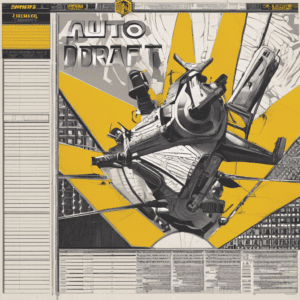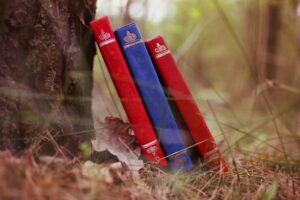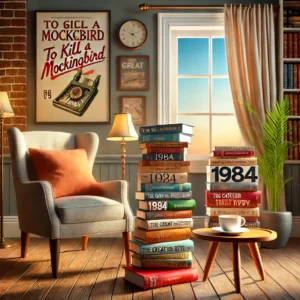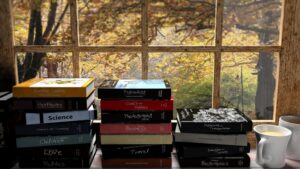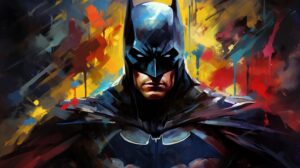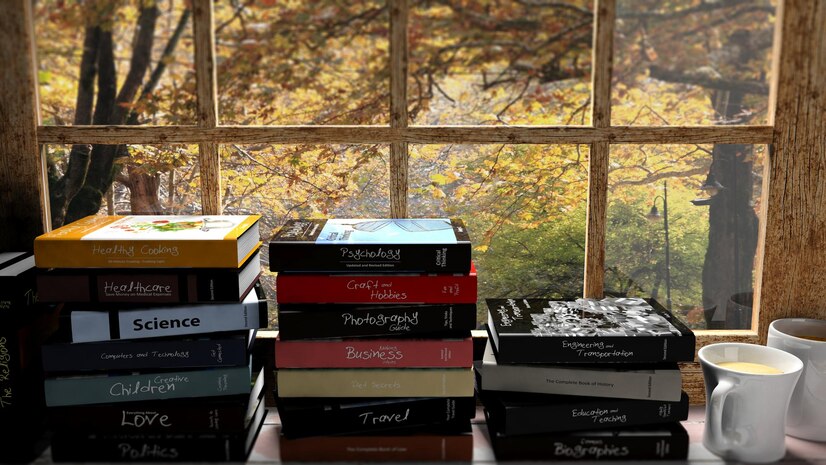
Popular fiction books
Readers can study a wide variety of genres in the vast and interesting world of literature. Among those, fiction and non-fiction stand out as the two primary categories that form our storytelling expertise. While each genre captivates readers with precise approaches, their technique, purpose, and content differ appreciably. Understanding those variations is critical for readers to appreciate and select the proper books for his or her hobbies. Let’s delve into the nuances of fiction and non-fiction, evaluating their characteristics, advantages, and areas of similarity.
What is Fiction?
Fiction refers to a genre of literature that is based on imagination and creativity. Authors of fiction craft stories with characters, settings, and events that might not exist in reality. These narratives regularly incorporate factors of fantasy, romance, mystery, and speculative themes to captivate readers and evoke emotions.
Characteristics of Fiction:
- Imaginary and Fabricated Narratives: Fiction involves stories that are created entirely from the author’s imagination.
- Creative Settings and Characters: The events, people, and places are often fictional and may include fantastical or supernatural elements.
- Entertainment and Escapism: Fiction provides readers with an opportunity to escape reality and immerse themselves in a different world.
- Artistic Expression: Authors have the liberty to explore abstract ideas and emotions through storytelling.
Popular Fiction Books Right Now:
- “The Night Circus” by Erin Morgenstern
- “Project Hail Mary” by Andy Weir
- “Circe” by Madeline Miller
Advantages of Reading Fiction:
- Enhances imagination and creativity.
- Improves empathy by allowing readers to understand diverse perspectives.
- Offers relaxation and a break from daily life.
- Encourages critical thinking through complex plots and characters.
Disadvantages of Fiction:
- May blur the line between reality and fantasy for some readers.
- Lacks factual or practical information.
- Can promote unrealistic expectations.
What is Non-fiction?
Non-fiction, then again, is rooted in reality. This style includes real debts, real events, and straightforward depictions of people, places, and experiences. Non-fiction books are regularly used as tools for training and self-development.
Characteristics of Non-fiction:
- Factual Information: Non-fiction presents real-world knowledge and experiences.
- Objective and Reliable: Authors rely on research, evidence, and accuracy.
- Educational Purpose: Non-fiction aims to inform, educate, and provide insights.
- Diverse Genres: Includes biographies, histories, self-help books, and more.
Examples of Popular Non-fiction Books:
- “Sapiens: A Brief History of Humankind” by Yuval Noah Harari
- “Atomic Habits” by James Clear
- “Educated” by Tara Westover
Advantages of Reading Non-fiction:
- Expands knowledge of various subjects.
- Improves critical thinking and analytical skills.
- Provides practical and actionable insights.
- Encourages lifelong learning and intellectual growth.
Disadvantages of Non-fiction:
- Can be perceived as less engaging than fiction.
- Requires more focus and interest in the subject.
- It may present biased perspectives.
Key Differences between Fiction and Non-fiction
| Aspect | Fiction | Non-fiction |
| Narrative Style | Imaginative and creative | Based on facts and reality |
| Purpose | Entertainment and escapism | Education and information |
| Characters and Events | Often fabricated | Real-life people and events |
| Genres | Fantasy, science fiction, romance, etc. | Biographies, history, self-help, etc. |
| Objectivity | Subjective and interpretive | Objective and evidence-based |
Similarities Between Fiction and Non-fiction
Despite their differences, fiction and non-fiction share some common ground:
- Both genres aim to engage and captivate readers.
- Require skilled writing to effectively communicate ideas.
- It can provide valuable insights into human nature and society.
- Serve as tools for personal growth and exploration.
Best Novels to Read in 2025
Whether you’re a fan of fiction or non-fiction, here are some highly anticipated books for 2025:
- Fiction: “The Celestial Wheel” by A.R. Moore
- Non-fiction: “The Future of Humanity” by Dr. Elaine Porter
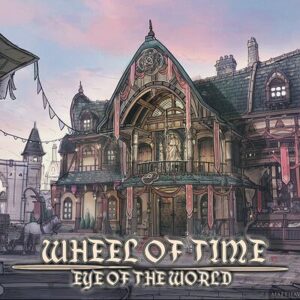
The Celestial Wheel
Conclusion
The choice between fiction and non-fiction in the end relies upon the reader’s preferences and purpose. Fiction gives a gateway to ingenious worlds and emotional trips, while non-fiction gives authentic expertise and practical insights. By knowing the difference between fiction and non-fiction, readers can better navigate the literary world and experience the fine of both genres. Whether you’re in search of enjoyment or enlightenment, literature has something for each person. So, pick out a book and embark on a transformative reading experience these days!

